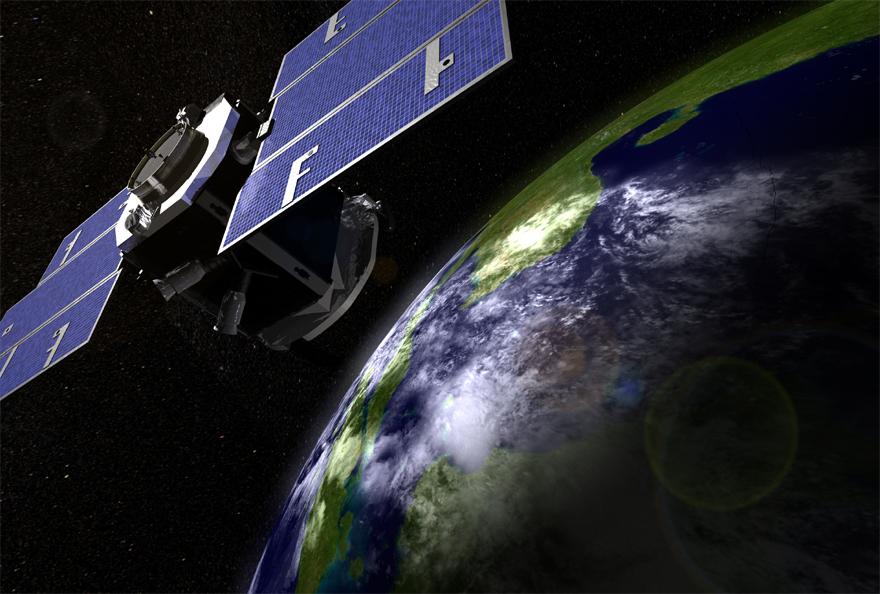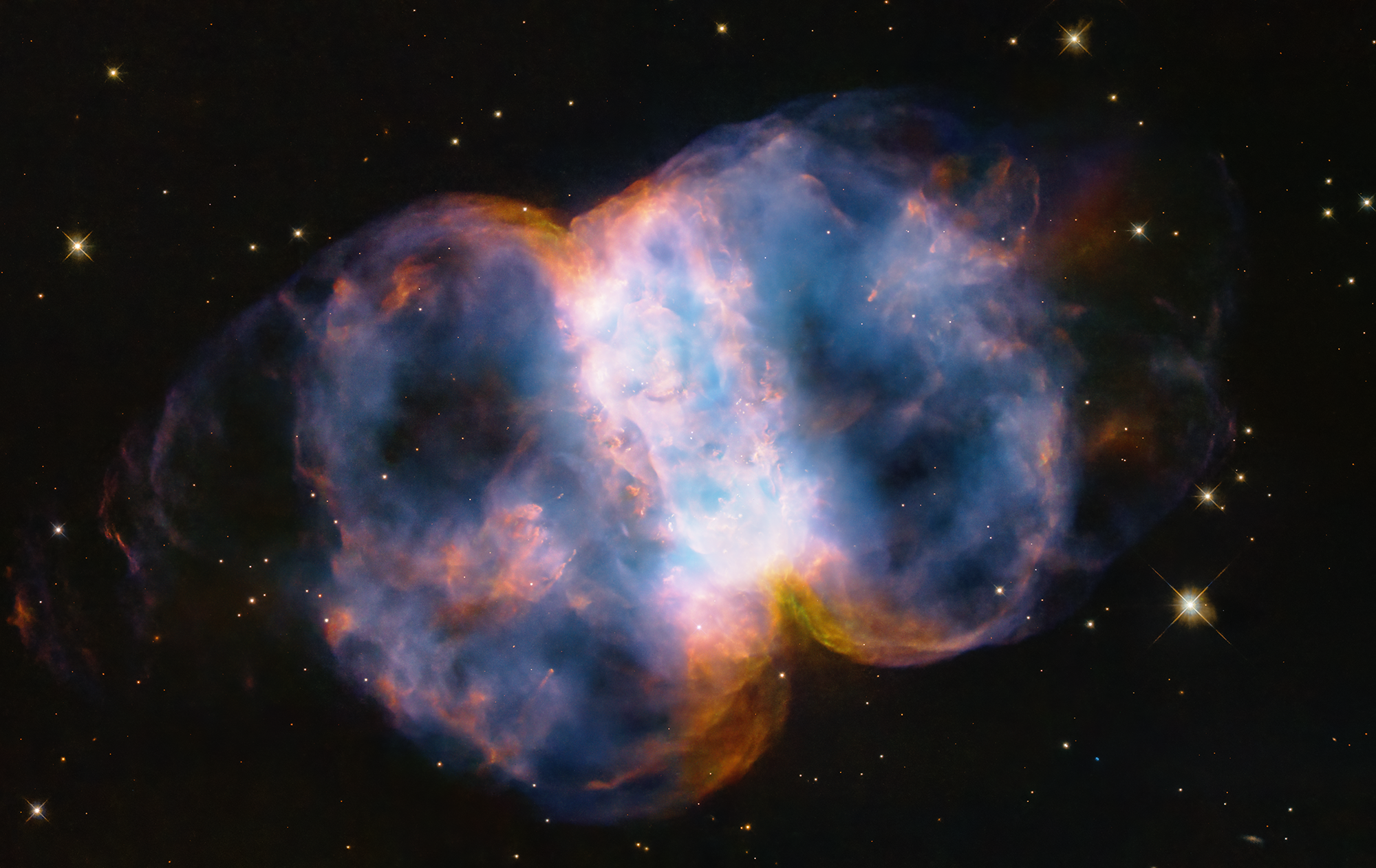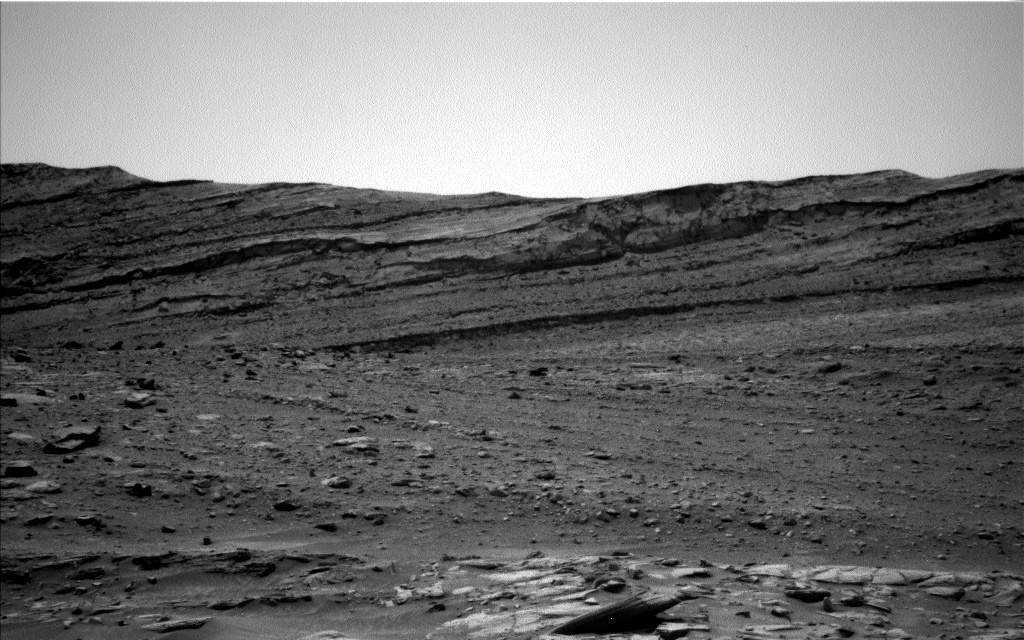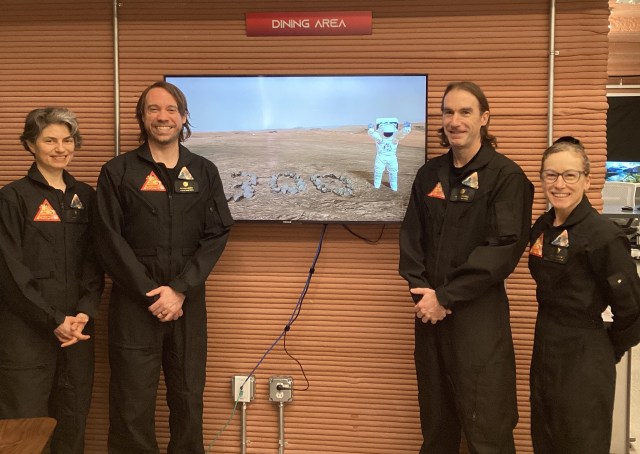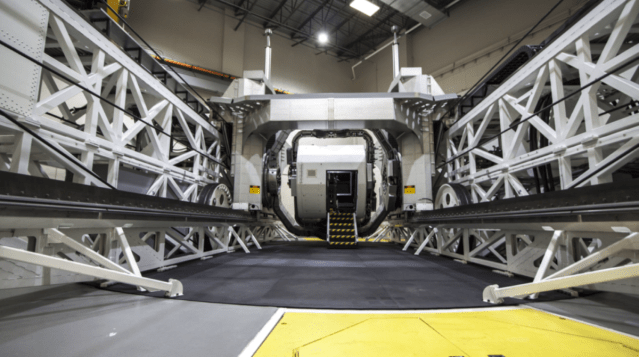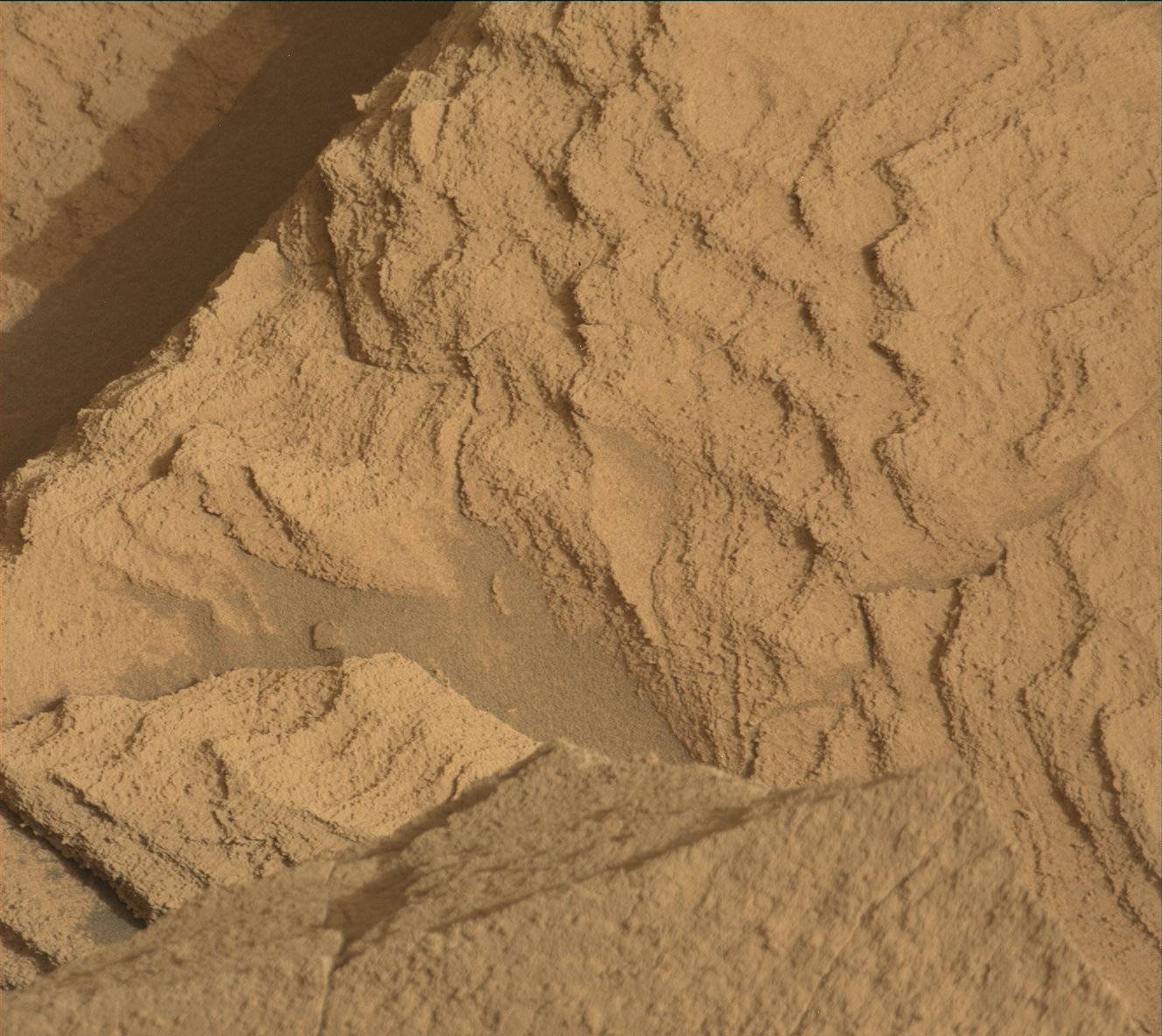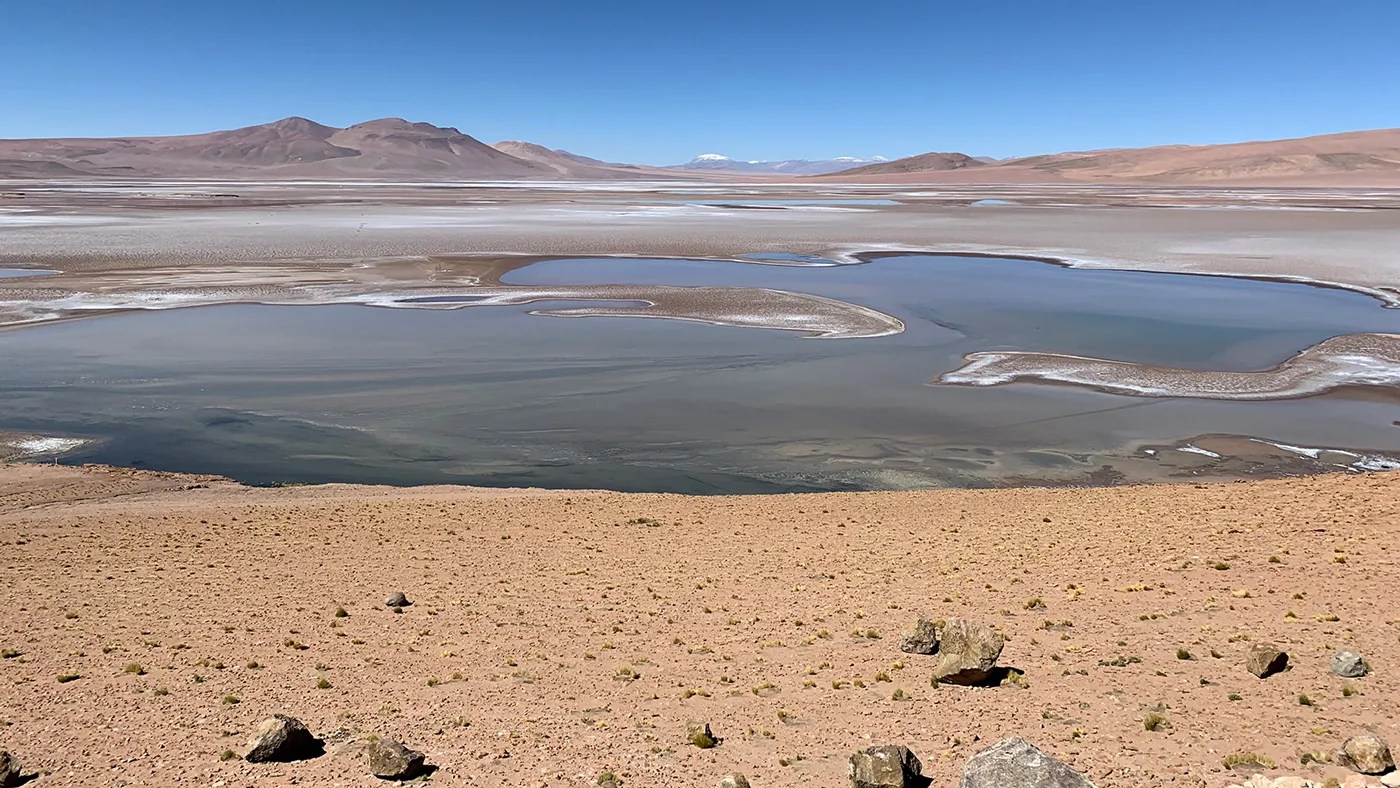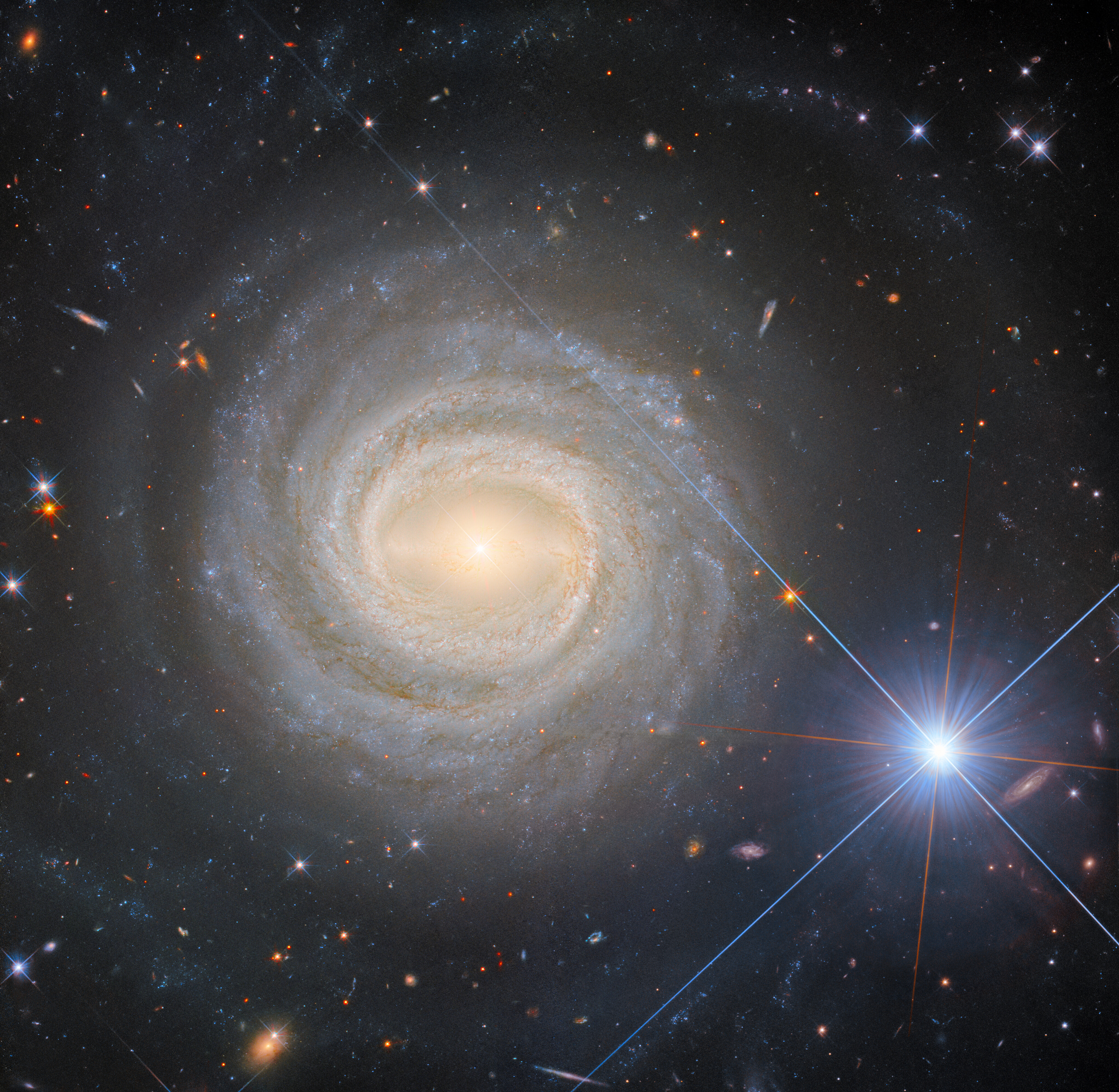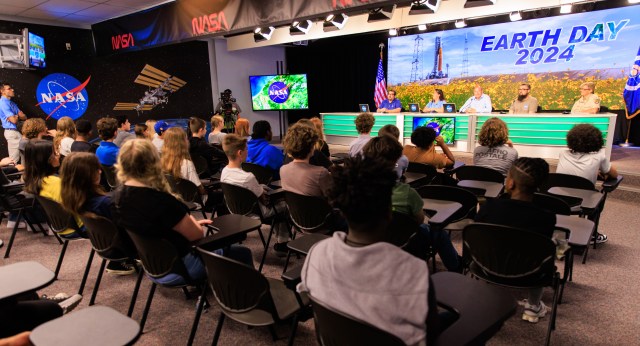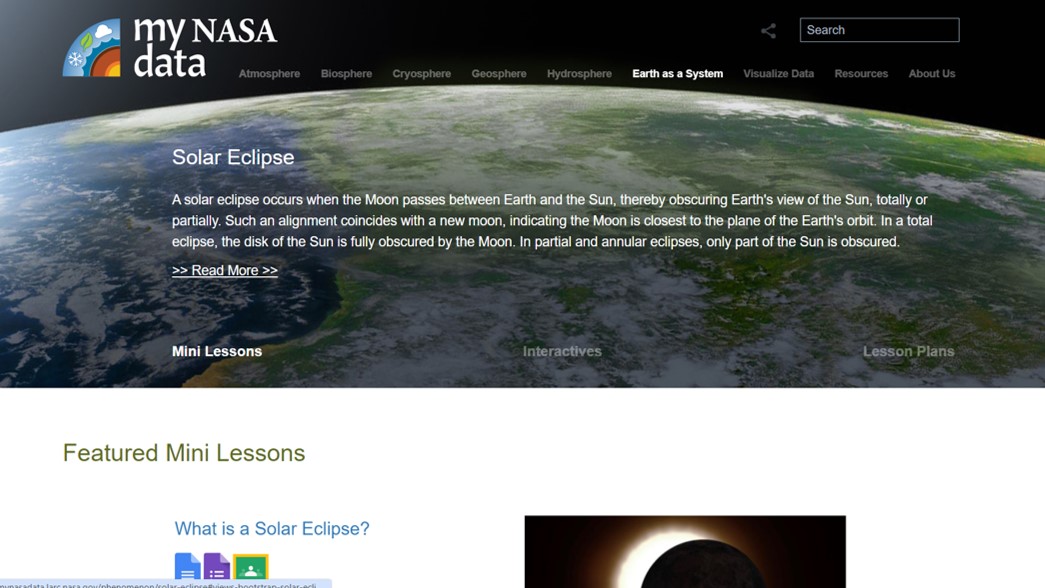Whether they’re devising robotic rovers to explore other worlds or networking with veteran agency professionals, students in the NASA Community College Aerospace Scholars workshop at NASA’s Marshall Space Flight Center in Huntsville, Alabama, may be honing lifetime careers crucial to America’s space program.
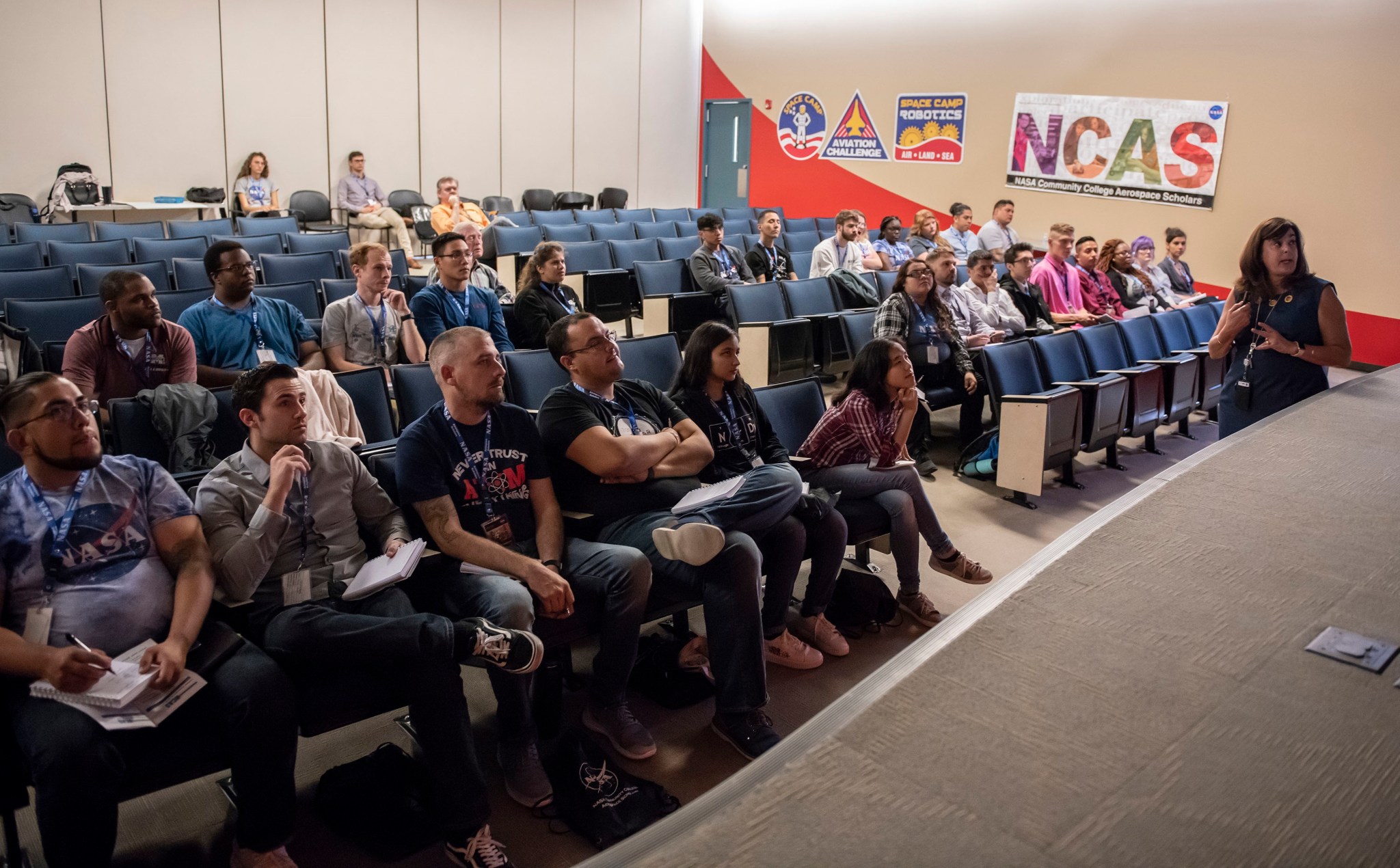
Most of the 36 students visiting Marshall Sept. 25-28 represent minority-serving institutions around the country. Many are pursuing STEM studies: science, technology, engineering and mathematics. Marshall organizers and guest speakers from across the NASA center hope the four-day, career-focused program will help build on those studies to mold these aspiring collegians into the engineers and explorers of tomorrow.
“Your point of view is important,” Monsi Roman, a NASA microbiologist who heads NASA’s Centennial Challenges technology development program at Marshall, told students at the Sept. 25 kickoff. “You can make a difference — in space and here on Earth. Take a job doing something you love, and you may find you’re amazing at it.”
Now in its seventh year at Marshall, the program first challenges interested students to take a five-week, web-based course about NASA’s missions. Current subjects include next-generation human spaceflight, science on the International Space Station and exploration of the Mars; courses are regularly updated to integrate new programs and mission goals, such as NASA’s Moon to Mars initiative.
Based on their course results, students are competitively selected for a workshop at one of 10 NASA field centers. Applicants must be U.S. citizens, at least 18 years old, high school graduates or the equivalent and enrolled at the time in a community college.
The current Marshall workshop participants are from 23 schools in Alabama, Arizona, California, Colorado, Mississippi and Texas. They work in four teams, each mentored by a Marshall engineer, mocking up realistic bids for a NASA contract to build a planetary rover.
Each team writes a proposal, including detailed budget and marketing materials, and designs and builds working prototypes using Lego® MindStorm EV3 robots. Finished rovers compete in two challenges, collecting rock and mineral samples and simulating the rescue of stranded Mars rovers. At the workshop’s close, teams present their rovers to a NASA panel — including aerospace engineers well-versed in rover engineering.
The students also listened to presentations about NASA programs; toured Marshall laboratories and engineering facilities and the U.S. Space & Rocket Center, the interactive spaceflight museum and Marshall’s visitor center; and met some of the agency’s brightest minds.
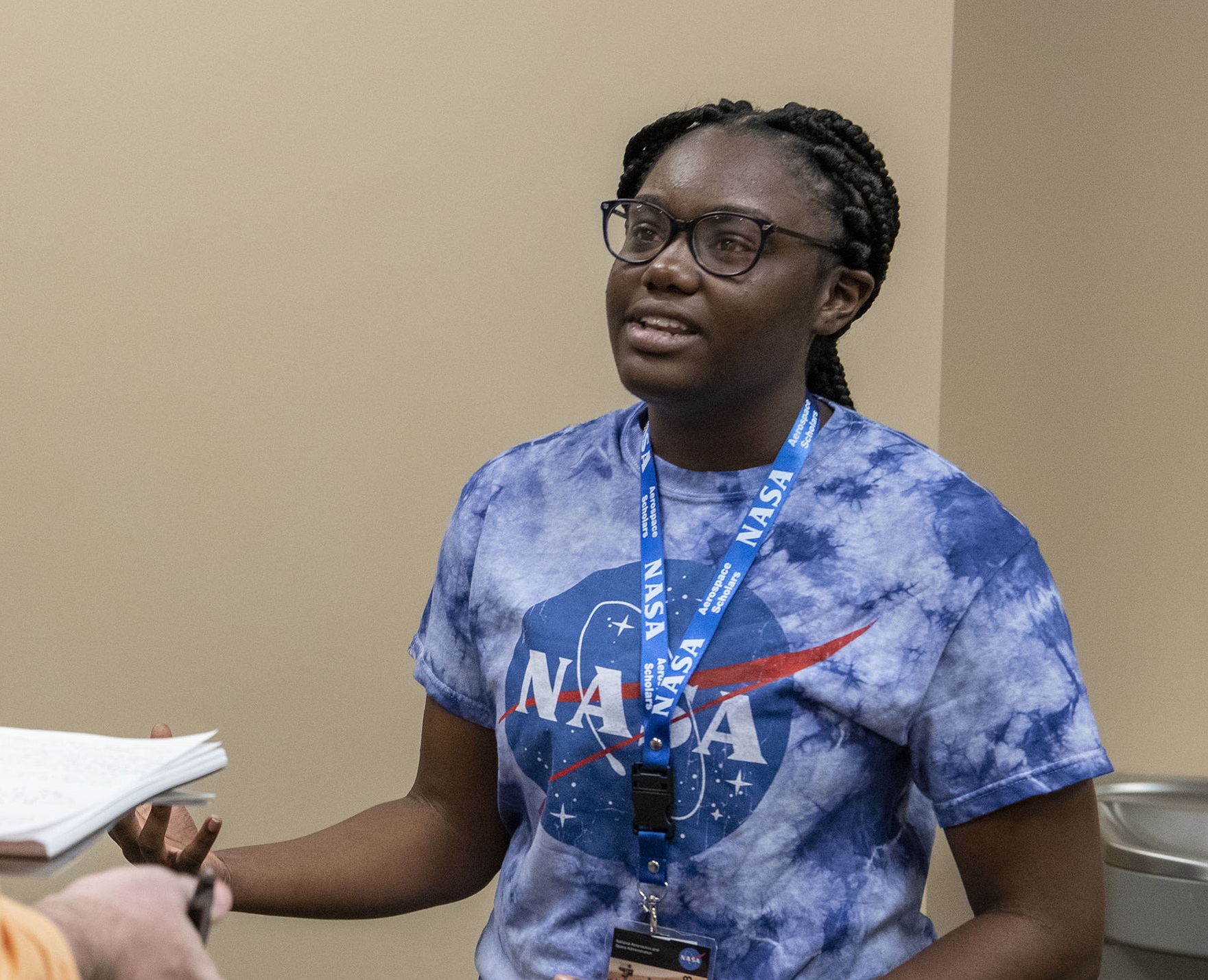
“Team members from all over Marshall, including NASA Scholars program alumni, have been talking with students, sharing their own stories, answering questions and demonstrating that NASA careers are attainable, desirable and truly rewarding,” said Marshall education specialist Maria Chambers.
Workshop participant Myeshia Jenkins, a psychology student at Lawson State Community College in Birmingham, Alabama, said she was intimidated at first — until she began talking with fellow students and NASA workers. “It’s exciting to be part of such a diverse mix of people and backgrounds, all working together for common goals,” she said. “There’s so much more to NASA than I imagined.”
Alexander Beltzer-Sweeney, a physics student at San Diego Mesa College in California, agreed. He mentors and tutors STEM students, and applied to the program based on endorsements from past participants. “Seeing their enthusiasm, I realized the workshop could enhance my ability to help career-minded STEM students achieve their own goals,” he said. “I look forward to telling others about the opportunities here at NASA and Marshall.”
That self-sustaining recruitment pipeline is a key element of the program, Chambers said. So is the power of four days immersed in the NASA culture. “The best part is seeing students transformed by their short week here,” she said. “It makes you realize how gratifying it can be to open someone’s eyes to previously unimagined opportunities. It’s inspiring to them — and that’s always inspiring to us.”
The NASA Community College Aerospace Scholars program is sponsored by NASA’s Minority University Research and Education Project and administered by NASA’s Johnson Space Center in Houston, which founded the program in 2012. Learn more at:
For other NASA career opportunities, visit:


